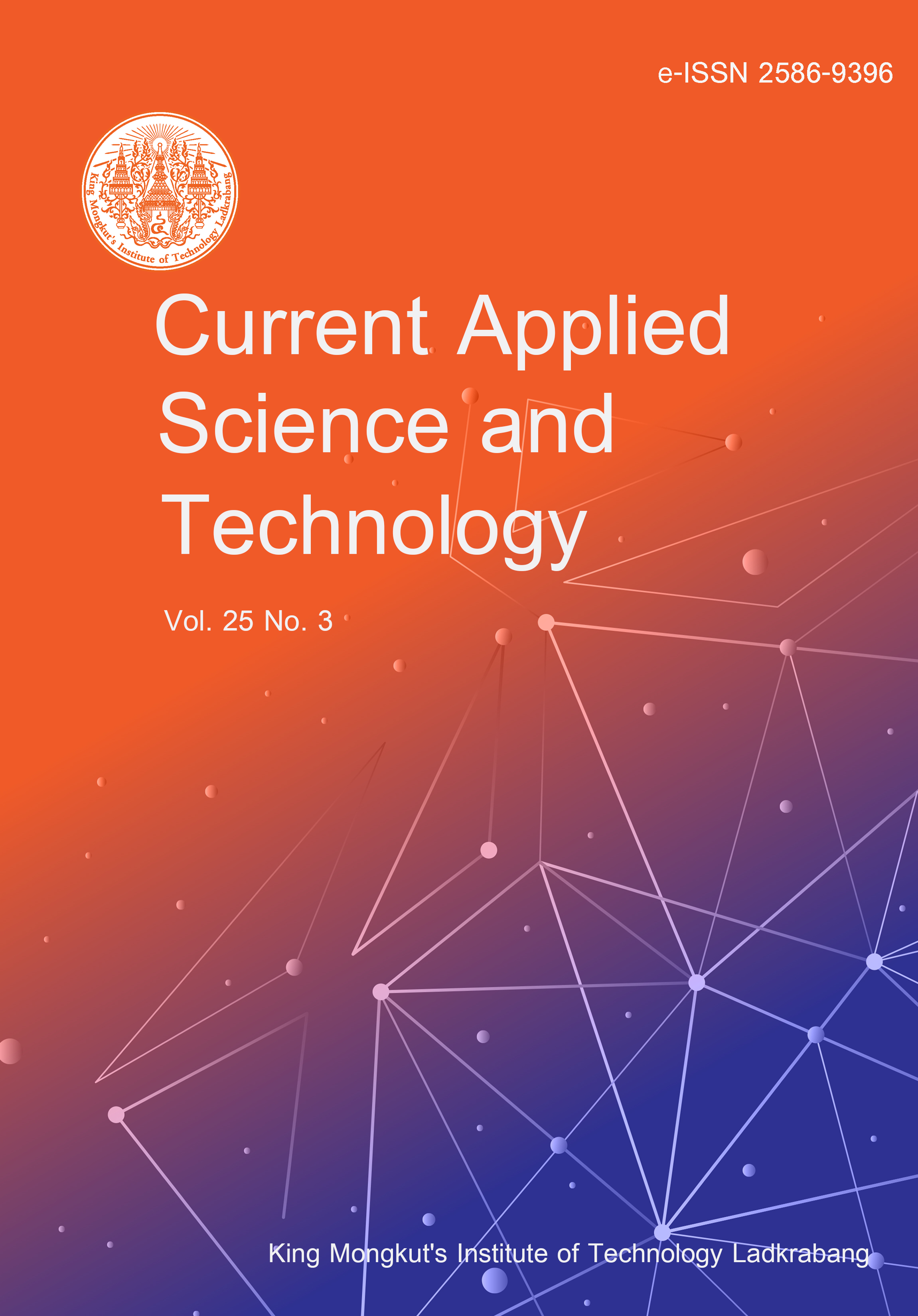Plankton are significant bioindicators that can be employed in water quality assessments. However, there is a notable scarcity of plankton-based water quality studies in the Colombo South canal system. The present study was carried out to assess water quality in three selected canals belonging to the Colombo South canal system with special reference to the plankton community. Plankton and water samples were collected from November 2022 to February 2023 from twelve locations along the three canals of the Colombo South canal system. During the study, nine physiochemical parameters were measured and the biotic indices were calculated. Pollution status and the suitability of the canals for aquatic life were assessed using the water pollution index (WPI) and the weighted arithmetic water quality index (WAWQI), respectively. Overall, forty-six phytoplankton species and seventeen zooplankton species were recorded during the study. Chlorophyceae (48%) and Rotifera (59%) were the dominant plankton groups. More than 50% of the total recorded plankton species were pollution indicators. According to Principal Component Analysis (PCA), plankton abundance showed a weak positive correlation with nitrate, phosphate, TDS, BOD5, salinity, electrical conductivity, and temperature while negatively correlated with dissolved oxygen. The Shannon-Weiner diversity index and WPI revealed a moderate pollution level in the canals. WAWQI indicated that the canals were unsuitable for aquatic life. Moreover, moderate and high pollution-tolerant organisms were more dominant in the canals. Hence, the proper measures must be taken to restore the canal ecosystem. This study could significantly guide future research and highlight the importance of plankton in water quality assessments.
Kolambage, M. ., Batugedara, I. ., Perera, C. ., & Senanayake, I. . (2024). Plankton Assemblages and Water Quality in Kirulapone, Wellawatte, and Dehiwala Canals, Colombo, Sri Lanka. Current Applied Science and Technology, e0262154. https://doi.org/10.55003/cast.2024.262154


https://cast.kmitl.ac.th/doi/10.55003/cast.2024.262154